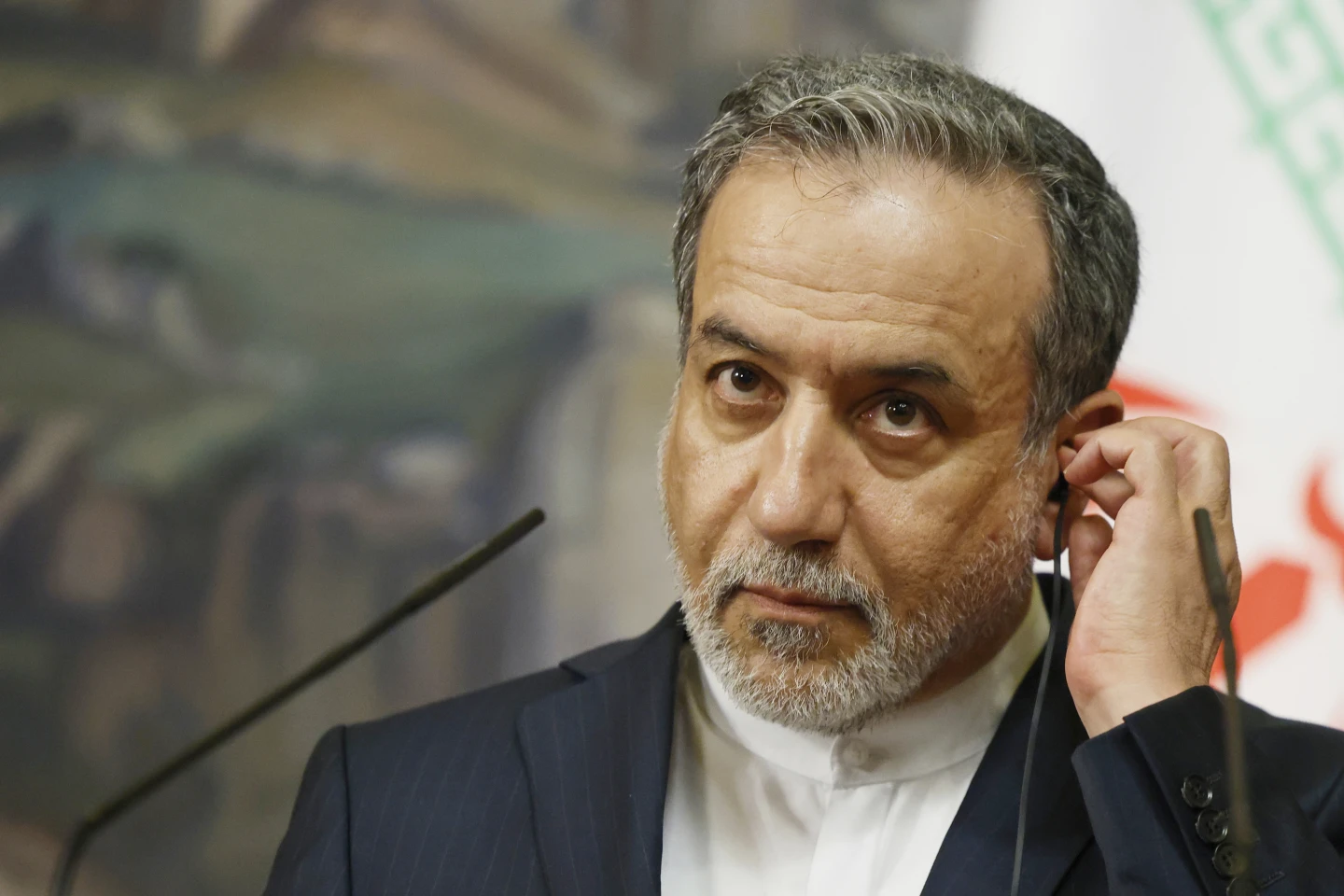Iran’s Foreign Minister Abbas Araghchi is set to meet with the foreign ministers of the UK, France, and Germany. According to international news agencies, the meeting is expected to take place in Geneva on Friday, though a final confirmation from Tehran is still pending. If confirmed, the meeting would represent the first face-to-face diplomatic encounter after five days of Israeli bombing on Iran’s military and nuclear sites.
Earlier this week, Araghchi spoke to the three European foreign ministers over a phone call, but has refused to meet with US’s special envoy to the Middle East, Steve Witkoff, as he argued that the US approved the Israeli attacks across Iran and will not meet while the Iranians are under assault from Israel. David Lammy, the British foreign secretary, will meet Marco Rubio, the US Secretary of State, in Washington before the planned Geneva meeting to discuss the on-going situation in the Middle East. The meeting would also be attended by the head of EU foreign affairs, Kaja Kallas.
While the core of the meeting on Friday—in coordination with the US—will focus on Iran’s willingness to reduce or close its nuclear programme, Araghchi has posted on social media late Wednesday, saying Iran was acting in self-defence. He commented, “Iran has proven in action what it has always publicly committed itself to: we have never sought and will never seek nuclear weapons.” His statement emphasised Iran’s commitment to diplomacy with the exception of Israel.
Although European leaders have called for de-escalation and have reaffirmed Israel’s right to defend itself in line with international law, US President Donald Trump, however, has released a series of social media posts that demand Iran’s unconditional surrender and the 10 million residents of Tehran to evacuate. The German chancellor, Friedrich Merz, has said changes of regime can occur and Israel is doing others’ dirty work.
France, UK, and Germany are signatories to the Iran nuclear deal signed in 2015 that gave permission for Iran to enrich uranium to low levels of purity, subject to external monitoring.
In 2018, Trump pulled his country out of the deal and a year later, Iran announced its partial withdrawal from the agreement.


